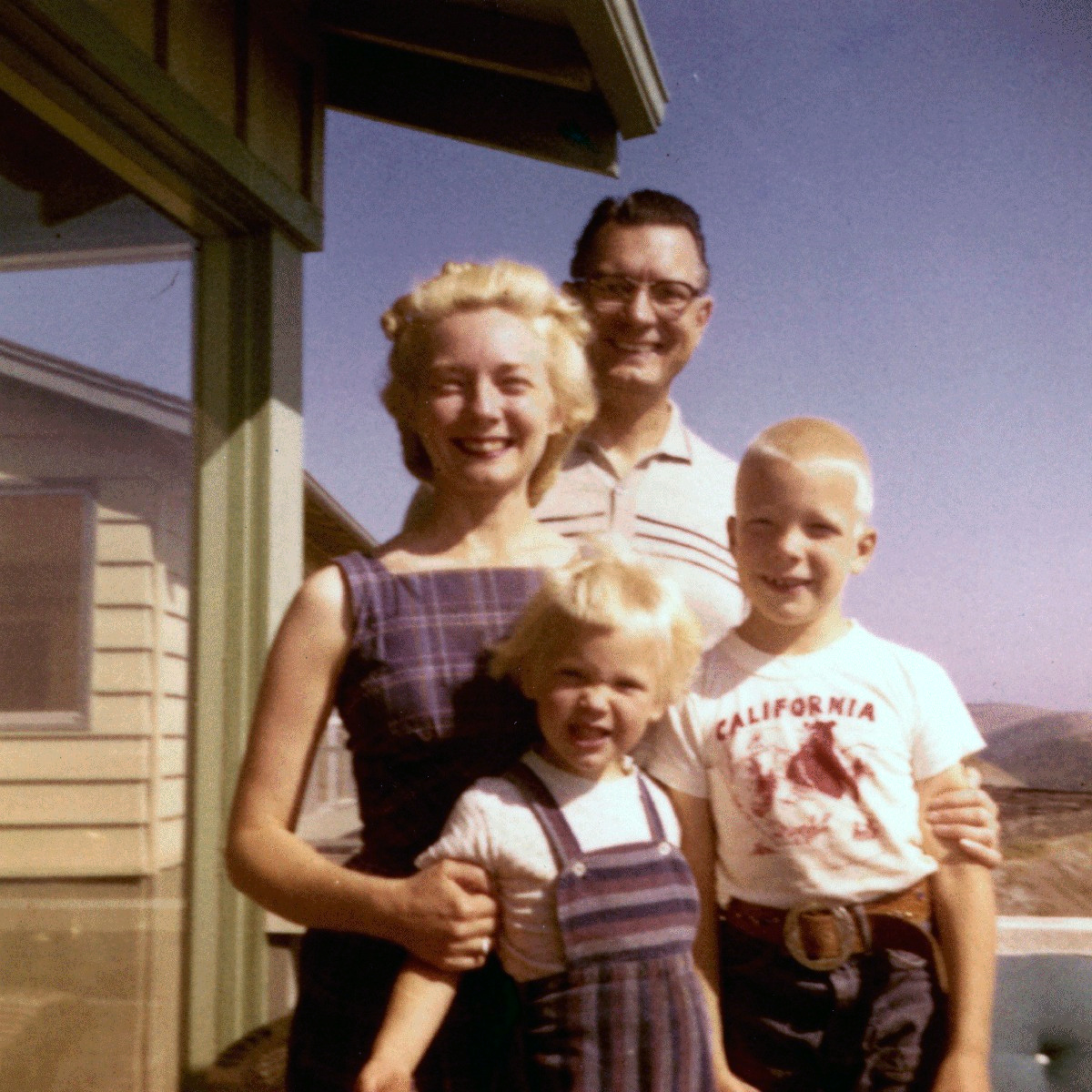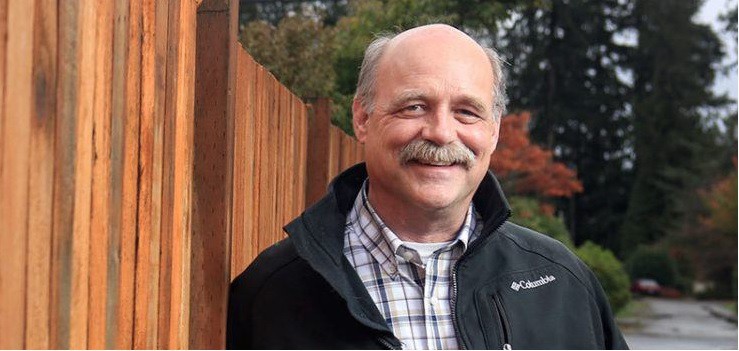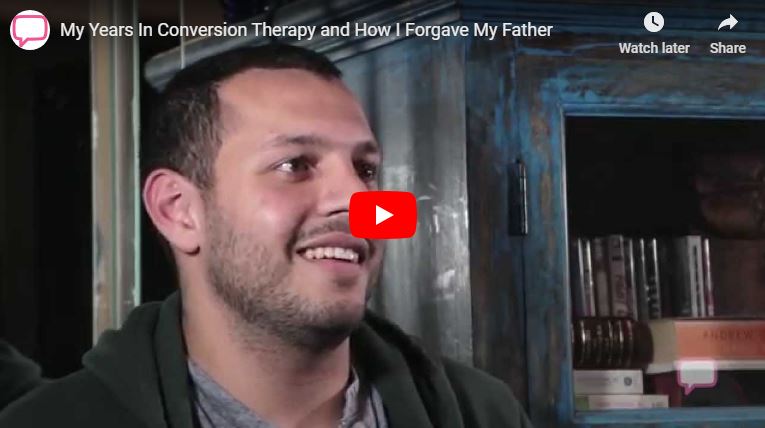Alia Ramer of New Jersey Jewish News has written a personal column for the publication, which in commemoration of Father’s Day (this Sunday, June 21), tells of the appreciation Ramer has for her step-father. In the column, Ramer acknowledges the Landmark Forum as making a critical difference in her having a close relationship with him. Excerpts are below.
Father’s Day is also Stepdad’s Day
by Alia Ramer
The significance of Father’s Day has shifted for me several times in my life. My own dad died when I was 15, and my mom remarried when I was 19. So currently Robert Moel has been my stepfather longer than Terry Covel was my father.
We gave Rob a hard time for a long time; I’m not sure we acknowledged him on Father’s Day for years after they married. I was not warm, but I was in college so it was easy to say, “Hi, Rob, is my mom there?” across long-distance lines without further conversation. He seemed nice enough, but he had just stolen away my mother and sisters and turned my 20-minute commute home from Ohio State into a five-hour plane ride. I wasn’t happy about that. But he kept trying, kept being so darn nice.
As a new stepdad among so much estrogen, he often had to assert being head of his own household. For instance, being of Sephardi descent, he wanted rice and peas on Passover. No way, we girls said. That’s not going near our Ashkenazi kitchen. The first year of their marriage, it didn’t. In subsequent years, it crept onto the menu during the week; now it’s full blown Sephardi-ville for seder, with many different foods and customs. He had found some halachic ruling about a wife following the husband’s family’s customs, and told us, “You’re in my tent now.” Okay, but to me it is still creepy to see it on the table.
To my husband and kids, it’s a relief to be in a Sephardi tent every few years, and they dig in.
You gotta give the guy credit. He proposed to my mother three times in one weekend. The first two times she told him he was nuts, that he didn’t know what he was asking for, being younger than her and having no kids, and she being a widow with three teenage girls and a whole set of baggage to bring along. Two months later, all the baggage was packed, they were married, and had moved more than halfway across the country for his new job.
When I got married, Rob had only been married to my mother for about five years, so walking me down the aisle was not an option in my mind. He took it in stride, never said that he had expected it to play differently. He also contributed financially, even though my mom had wedding savings set aside. Three years ago, when my middle sister got married — the same child who at 15 had uttered the memorable “It’s like me dating a two-year-old” in reference to their age difference — she walked down the aisle with Rob on one side and my mother on the other.
But it has been in watching him in the role of grandpa that I have been moved to tears, over and over. I understand from talking with people in various places in life that many stepgrandparents can be detached, pleasant with the new babies but waiting until their own children have children for some “real” grandkids. Rob dove right in, changing diapers and pushing strollers and singing “Froggy went a courtin’” over those blasted long distance lines.
Six years ago I took a three-day personal development course called the Landmark Forum. The largest benefit I gained from it was a close relationship with Rob. I called him during the weekend and told him that I realized how I had always held him emotionally at bay. Instead of a lecture or an “I told you so,” he said, “It’s okay, I love you,” and we went forward from there.
Since then, I’ve been able to separate loving this stepdad, and appreciating his love for me, from feeling that I’m abandoning or betraying my love for my father. That was a story I told myself subconsciously a long time ago, and it no longer applies. I actually feel Rob and Terry would get along, have a beer together. They both are/were great handymen, tend toward the intellectual, and love puzzles and a good steak on the grill.
I lean on Rob now in a way I couldn’t 20 years ago. When I have a problem with my mother, I can call him and we can laugh about it. That would never have happened when I was in college or just out. I’m grateful that I can do it now.
Kids start to think about death at about age six. They start to understand its permanence and want to make it okay for you. That was the age when my youngest sister, Rob’s only child, said, “Your daddy’s dead? That’s okay, you can share my daddy.” That was the age when my daughter consoled me with a remarkably similar “It’s okay, you have Grandpa Rob now.”
For little kids, it’s easy. Lost a dad? Here’s another to fill the slot. It’s harder for adolescents and adults, but only because we don’t always realize that we have more than one slot available in the category of Dad.
Happy Father’s Day, Rob. I love you.



2 comments
Amazing sharing, and I love the Landmark Forum for such breakthroughs in lives of people around me!
Touching. It is truly wise to value our families while they are still with us and in as many ways as we can show them we appreciate them and love them. thanks for this article.